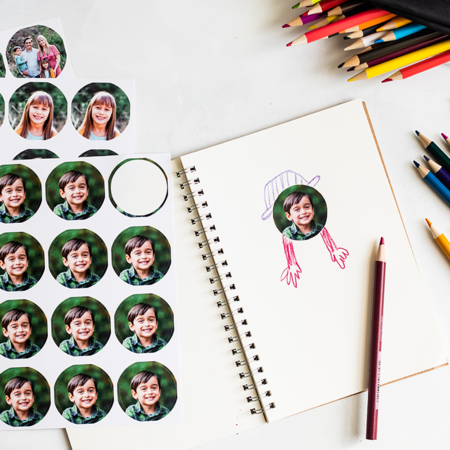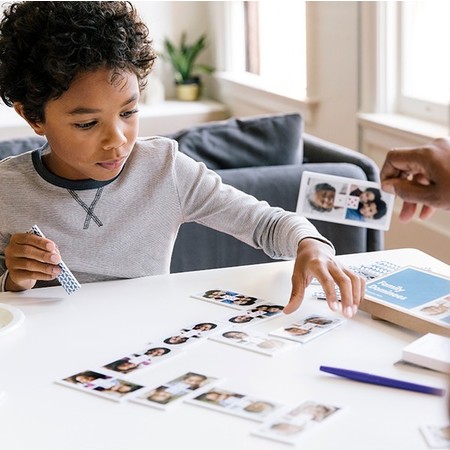
Children’s brains are thirsting for fun and creative experiences, no matter their age. Memory games are a fantastic way to fill those needs and challenge your kids. Increased concentration, recognition of patterns, and organizing and storing information can all be achieved. Let’s have a look at these benefits and how we can energize those eager brains.

Increased Concentration
Concentration means that children have the ability to focus on a single task while dismissing activities and other distractions that may be happening around them. Improved concentration will allow your children to control their thoughts and gain emotional maturity as they progress in life — and tackle their homework. Observation skills are improved with greater awareness of their surroundings. These skills can come in handy when out in the community, outside the confines of the safety of the family home. With Easter just around the corner, this is a great Easter Memory Game for your little ones.


Recognition, Organizing and Storing
Recognition and organization skills are another benefit that will enhance your children’s experience in life. These skills are critical for children to build on their short and long term memory strategies. Children can more easily retrieve memories related to sports games, their friends’ phone numbers and even how to get along with their playmates. It’s an important skill that encourages selective withdrawal of memories pertinent to a given situation. This Custom Flash Card Game is a fun way to spend time with your children and improve on these skills.

Memory Games By Age
Ages 3 to 7: Place three to five items from your little one’s toy collection and give the child an opportunity to memorize them. Cover the items with a large piece of paper or blanket while removing one item at the same time (without the child’s knowledge). Remove the covering and ask the child which item is missing.
Ages 8 to 13: Use storytelling to encourage a student to learn facts that could be on an upcoming test in school. Have the child apply a mnemonic to each fact so they can retrieve the facts more easily.
Ages 14+: Play a game similar to the one above for ages 3 to 7, except include 20 items and gather a group of kids together. Let the kids observe the items for 2 minutes, then cover them. Have each participant write down the items they remember. The one who remembers the most, wins!
Memory games can be fun, creative and challenging without the child feeling they are embarking on a tedious, boring lesson. The games also encourage some very real and worthwhile connection and bonding for you and your children.


About the Author
A self-proclaimed New Yorker from the Midwest, Rachel Castro lets design and color inspire her everyday life. Designer by day and DIYer by night, you can follow all of her latest projects on Digs & DIY, where she documents her favorites from recipes to redesign.







